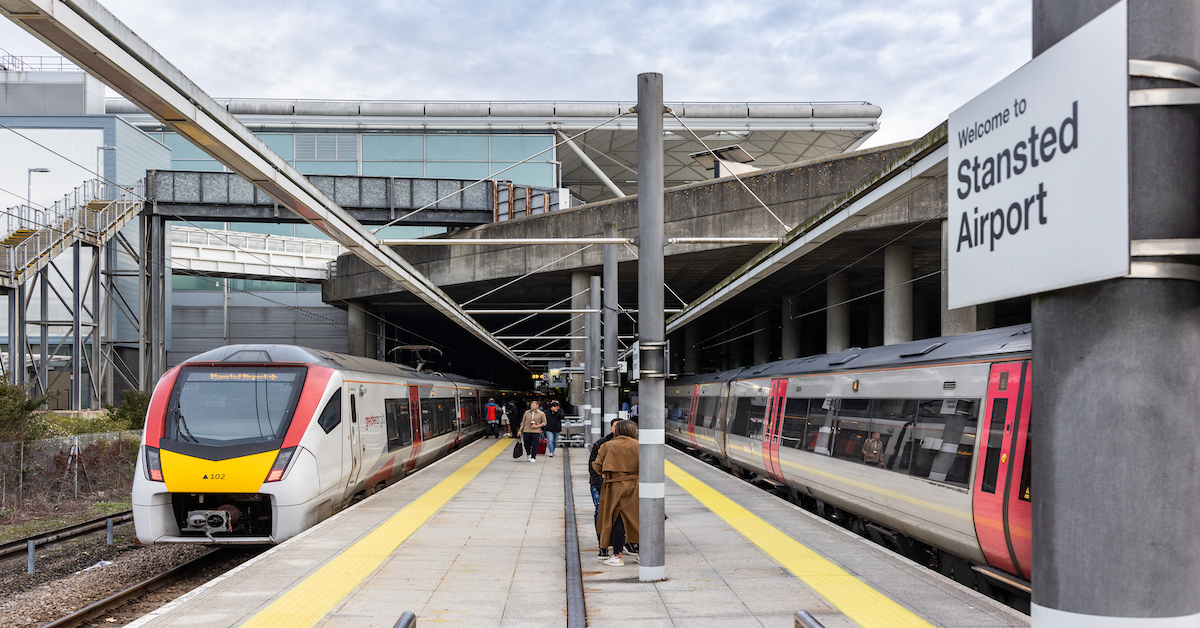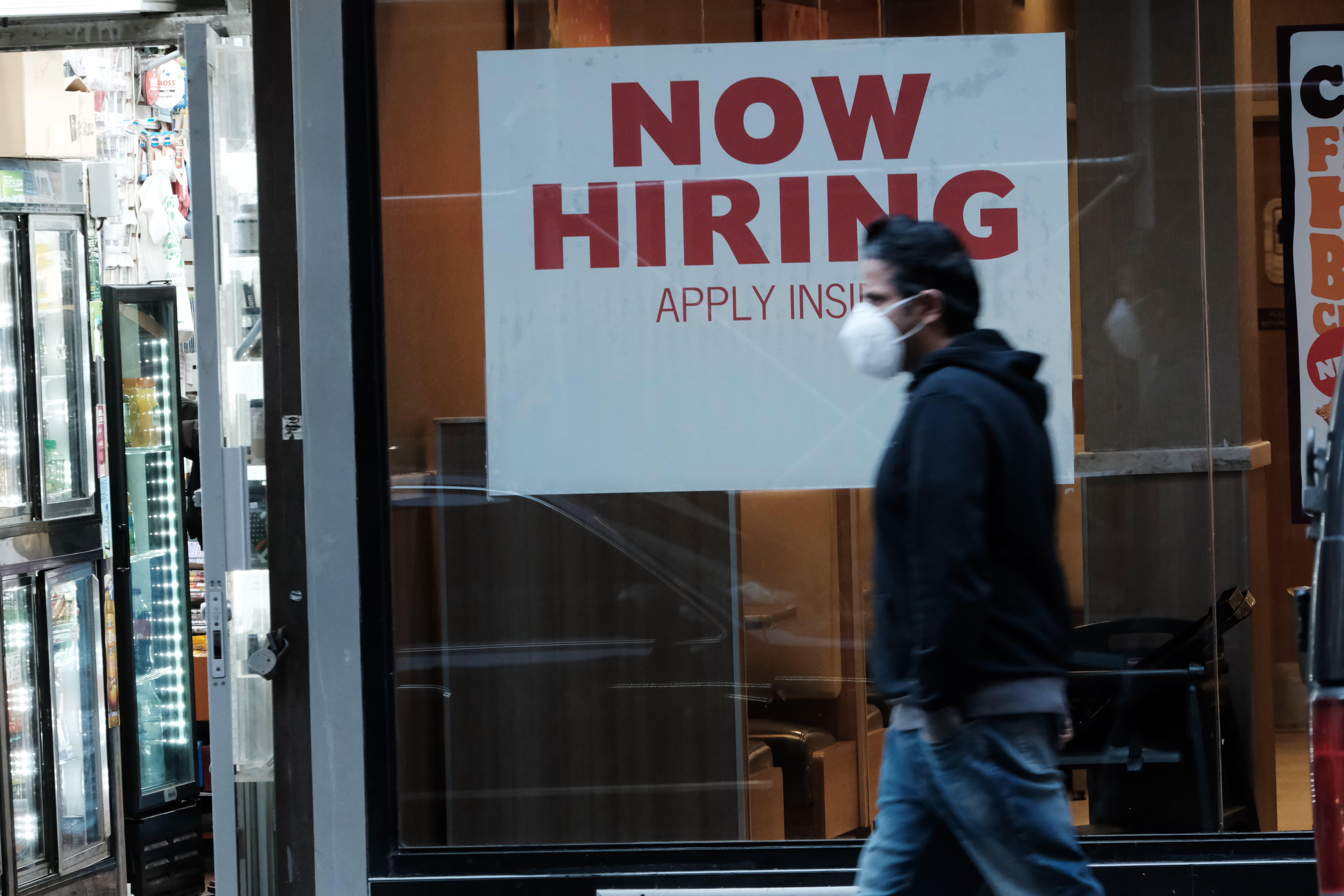Stansted Express frequency raised during peak hours
Airport continues to press for return of pre-Covid timetable

The number of Stansted Express trains are being doubled during peak travel times as a result of the airport’s strong recovery from the pandemic.
The frequency of service between Stansted and London Liverpool Street will rise to four an hour during the morning and evening weekday peaks from Monday (May 22) as part of the revised timetable.
The service run by Greater Anglia still operate at a half-hourly frequency during off-peak hours.
However, the airport continues to make the case for the return of the full service that was in place before Covid to support the most convenient and reliable rail service possible.
The operator pointed out that new 12-carriage trains offer more than 80% more seats than the eight-carriage trains they replace.
The new timetable will see weekday trains run every 15 minutes from Liverpool Street between 5.10am and 8.10am and between 4.10pm and 7.40pm.
Trains from the airport to Liverpool Street will run every 15 minutes from 6am to 9.15am and 4.45pm until 8.15pm.
Stansted recorded 2.4 million passengers in April alone, its busiest month since last September, and demand is expected to continue to rise moving into the summer.
Airport managing director Gareth Powell said: “The reintroduction of four trains per hour between London and the airport during the morning and evening peaks is a really positive development.
“London Stansted has been the fastest recovering UK airport, so it’s great Greater Anglia are able to provide a fast, turn-up-and-go service for our passengers, staff, as well as local commuters.
“This will not only encourage more passengers back onto trains and out of private cars to enable the most sustainable growth possible at the airport, but it will also make us more attractive to airlines looking to access the UK and invest in the London aviation market.
“We are very proud to be the number one airport in the UK for public transport use by passengers and we look forward to continuing this impressive record and developing further timetable enhancements with Greater Anglia in the future.”

 UsenB
UsenB 






























